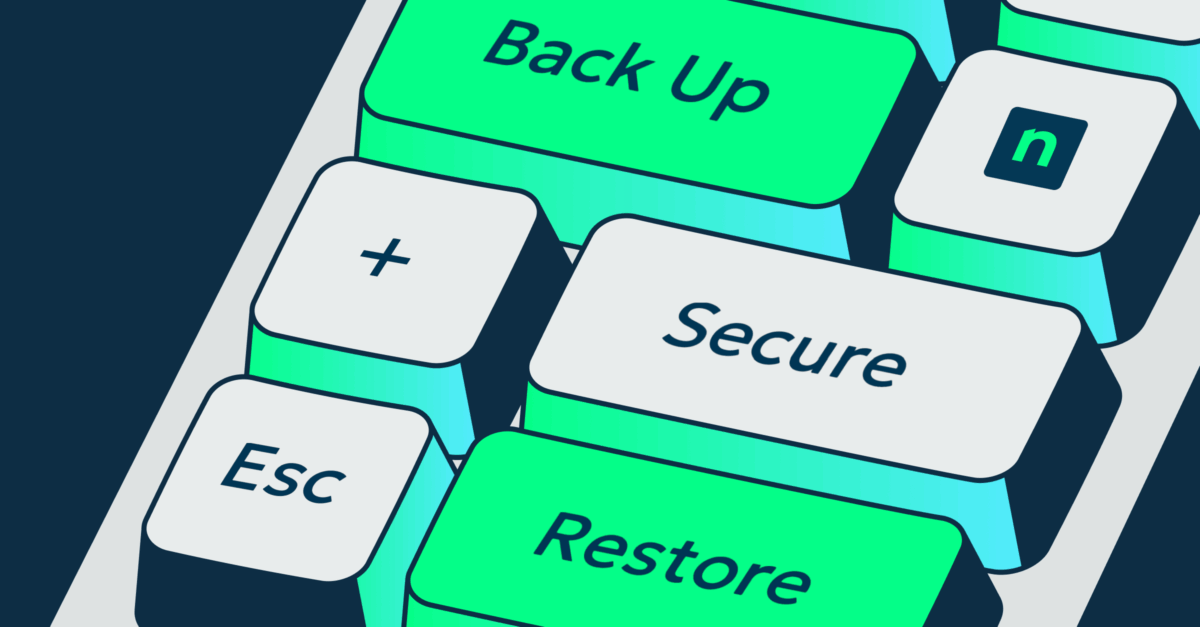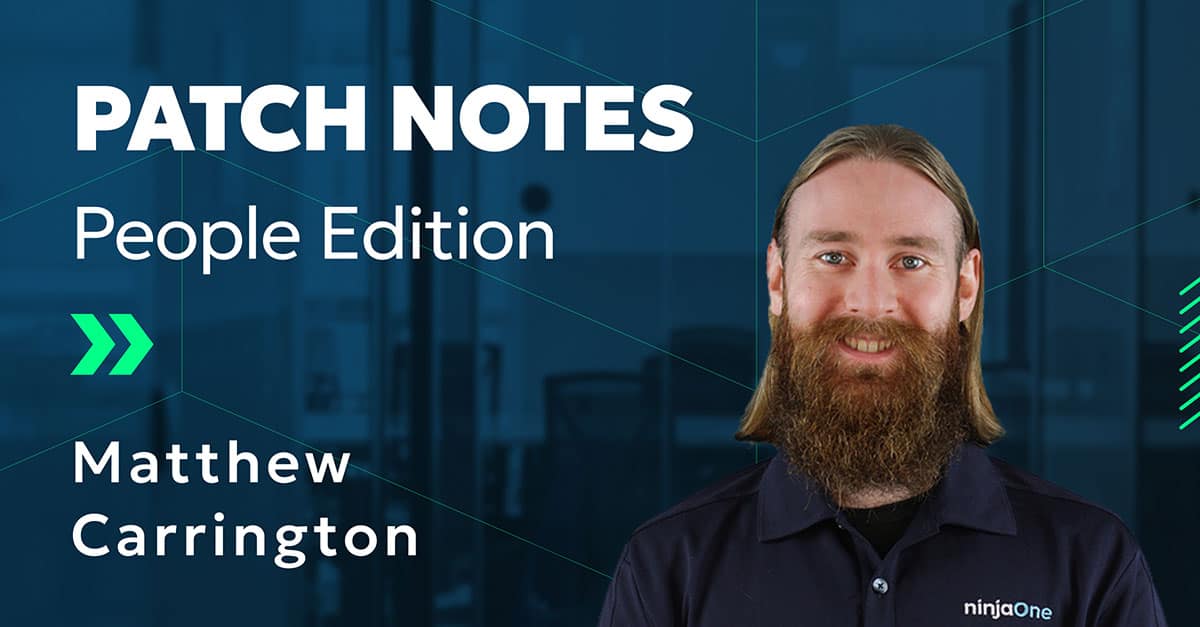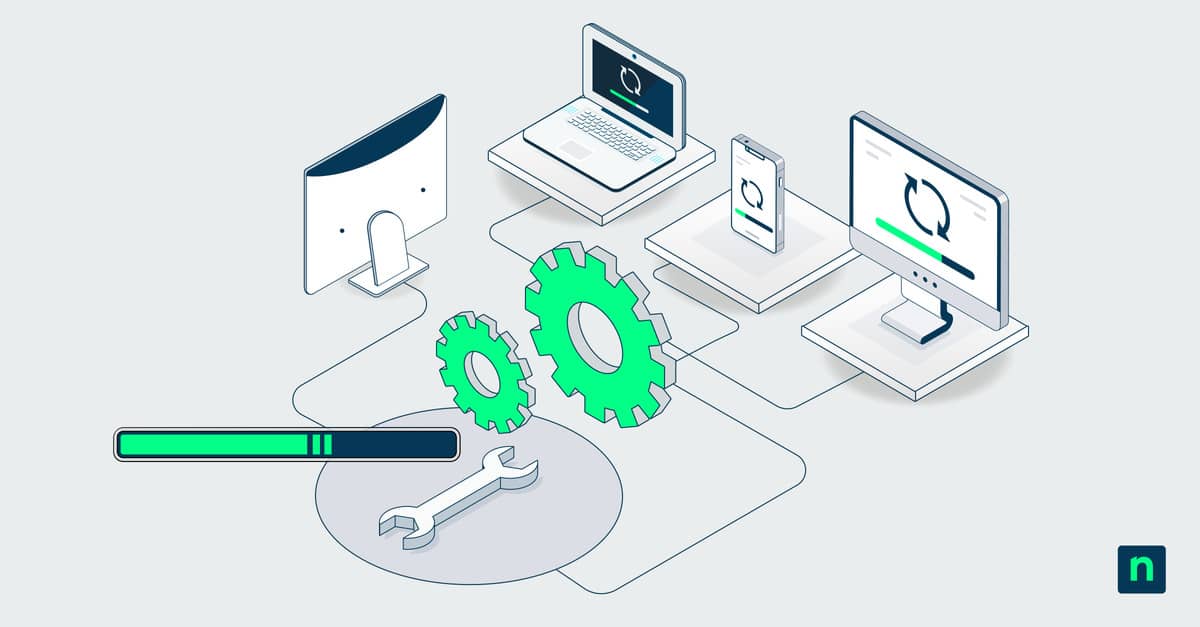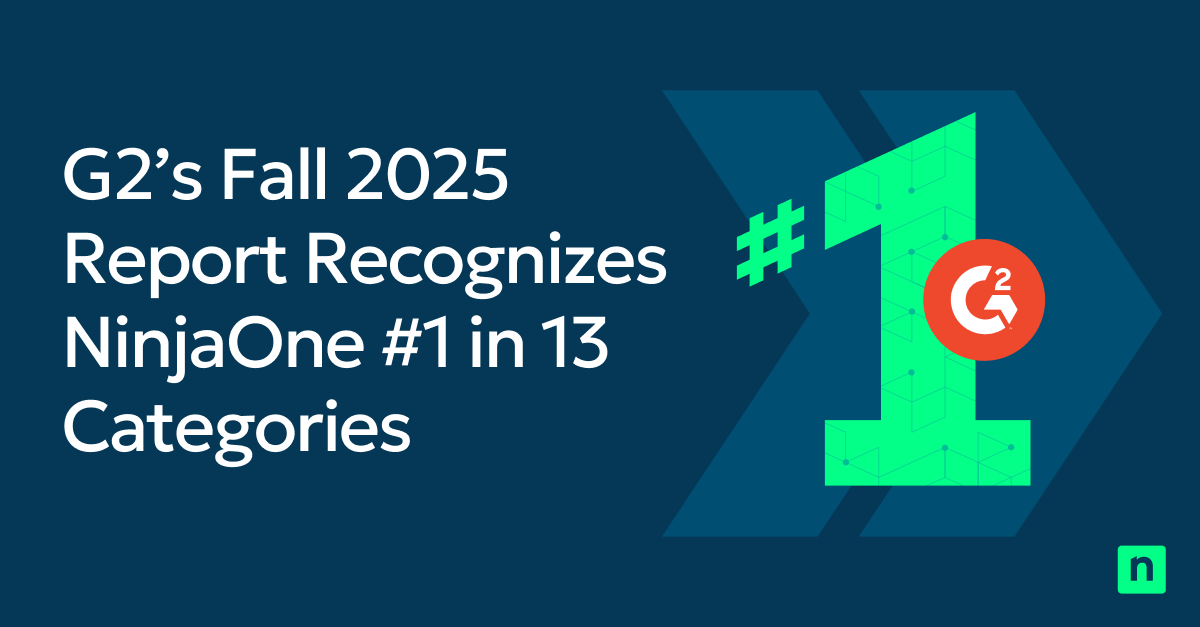When most people think about IT support, they picture a help desk that solves problems quickly and moves on. A ticket goes in, a fix goes out, and the interaction ends there. Efficient? Sure. But it’s impersonal, forgettable, and transactional.
At NinjaOne, we believe support should be something far more powerful. It’s not about clocking resolutions. It’s about transforming experiences. Every support conversation is a chance to turn frustration into confidence, to rebuild trust, and to show customers they’re more than just a line item.
Support is about trust, not just tech
Every support ticket comes with a technical problem to solve. But often, there’s a deeper challenge hiding underneath: trust has taken a hit.
As Michael Shelton, one of NinjaOne’s earliest employees, puts it, “The first problem you have to solve when somebody opens a support ticket is you have to rebuild the relationship.”
Maybe a feature didn’t land the way a customer expected. Maybe something broke at a critical moment. Whatever the cause, the support team isn’t just fixing a system; they’re restoring confidence. That moment of repair is where transformation happens.
Customers rarely remember which button was clicked or which patch was installed. But they remember how they felt: Did someone listen? Did they care? Did they treat me like a partner, not a problem? That’s the true measure of great support.
The people behind the problem-solving
It’s easy to assume that the best support teams are built on technical expertise. But our team proves something different. What really sets great support apart is the people. It’s their curiosity, empathy, and willingness to help that make them so special.
When hiring, we look less at resumes and more at personalities. Are they curious? Do they love tinkering? Are they patient problem solvers who light up when they’ve made someone else’s life easier? Skills can be taught. Heart can’t.
And when people feel free to bring their whole selves to work, that’s when the magic happens.
One support engineer might be a Twitch streamer who loves connecting with strangers online. Another might be a parent who knows the value of patience and encouragement. Others are avid bakers, photographers, or marathon runners. Their passions aren’t distractions from the job but rather fuel for their personal fires.
As Shelton explains in the series, “We don’t want you to change once you start at NinjaOne. We hired you because of who you are. We want to celebrate that.”
That diversity of perspectives is essential. Different ways of thinking lead to creative solutions. Different backgrounds create more empathy. And when customers reach out, they meet real people who genuinely care.
Leaders who’ve walked the same path
Many of NinjaOne’s leaders started their careers in support. They know what it feels like to be on the front lines, balancing technical complexity with emotional intelligence.
That experience changes how they lead. They manage workloads, mentor, empathize, and share lessons learned the hard way. They’ve sat in the chair, taken the tough calls, and solved the problems under pressure. And that history gives them credibility with the next generation of support engineers.
“The level of empathy and excitement and support we can provide to new team members is from a first-person perspective. And that matters.”
This cycle of growth—engineers becoming mentors, mentors becoming leaders—ensures the culture of transformational support isn’t diluted as NinjaOne scales. It stays alive, passed down and reinforced through shared experiences
More than a mantra
Inside NinjaOne, the phrase “transformational, not transactional” isn’t just something we say. It’s something we feel. It’s in the way colleagues help each other without hesitation. It’s in the way leaders champion individuality instead of conformity. And it’s in the way every customer interaction is treated as an opportunity to build.
Support isn’t a cost center here. It’s a relationship engine. It’s a space where empathy and expertise come together to create outcomes that last far beyond the ticket.
Because when a customer walks away from a support interaction, the goal isn’t simply that their system works again. The goal is that they trust NinjaOne more than they did the day before.
The Faces of Support video series tells this story well. It brings you face-to-face with the people behind the philosophy. Their stories are funny, heartfelt, and real. They show why NinjaOne support feels different and why transformation will always outlast transactions.







